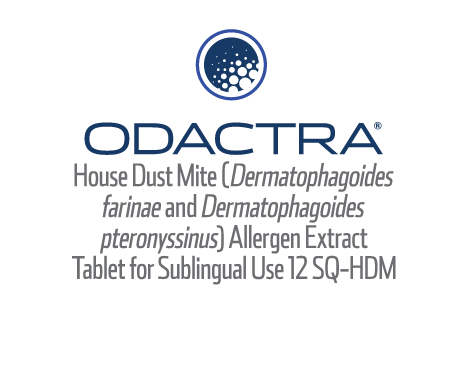Find an allergy doctor
Find an allergy doctor, allergist, or ENT (ear, nose and throat) doctor. This interactive doctor finder tool can help you find an allergy doctor, allergist, or ENT (ear, nose, and throat) doctor in your area.
Find a Doctor
Please Note: All Allergist Appointments Require a Referral From Your Family
Henvisning fra fastlege er nødvendig
Loading...
Filter
The Doc Finder includes healthcare providers with experience with all methods of FDA-approved allergy immunotherapy, and the particular healthcare providers listed for you are located within your geographic area based on your ZIP code. While this list is updated periodically and ALK does not exclude any healthcare providers with experience with all methods of FDA-approved immunotherapy, it may not include all healthcare providers with experience with all methods of FDA-approved allergy immunotherapy in your area, and it does not include all allergy specialists in your area. ALK does not have a relationship, financial or otherwise with the healthcare providers included in the Doc Finder, except that it may provide information about allergy immunotherapy treatments to healthcare providers from time to time, and some of the healthcare providers serve as paid consultants to ALK. In particular, healthcare providers do not pay a fee to be included on the Doc Finder. There are no restrictions that would exclude a healthcare provider from continuing to be listed on the Doc Finder except that ALK may remove from the Doc Finder healthcare providers that are no longer experienced in all methods of FDA-approved immunotherapy or actively practicing. ALK imposes no restrictions on the manner in which healthcare providers provide services, and healthcare providers exercise their professional judgment to determine the best form of treatment for their patients.
This information is not medical advice nor is it a recommendation of any specific medical product or treatment. Only your healthcare provider can determine what treatment is best for you.






